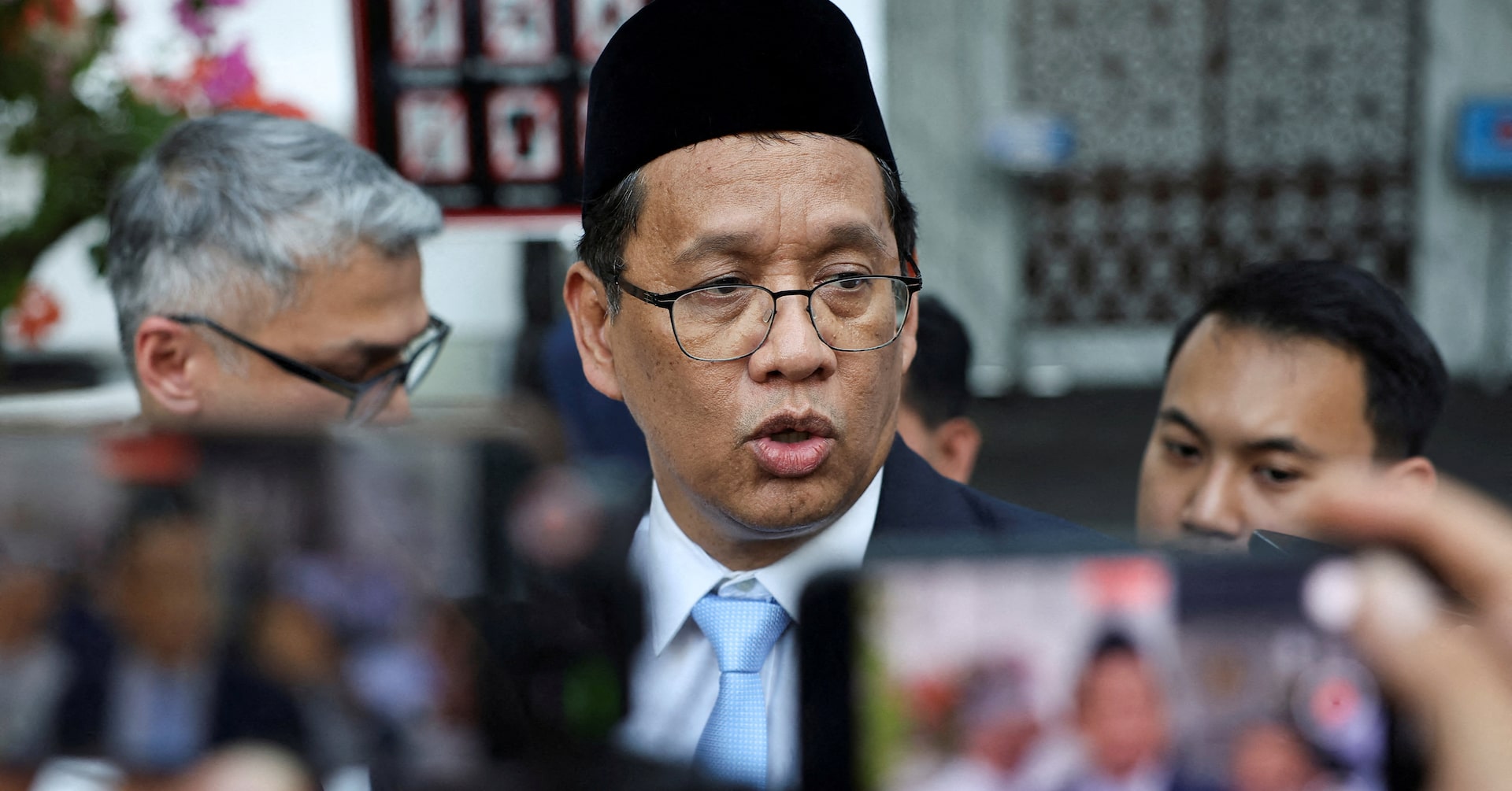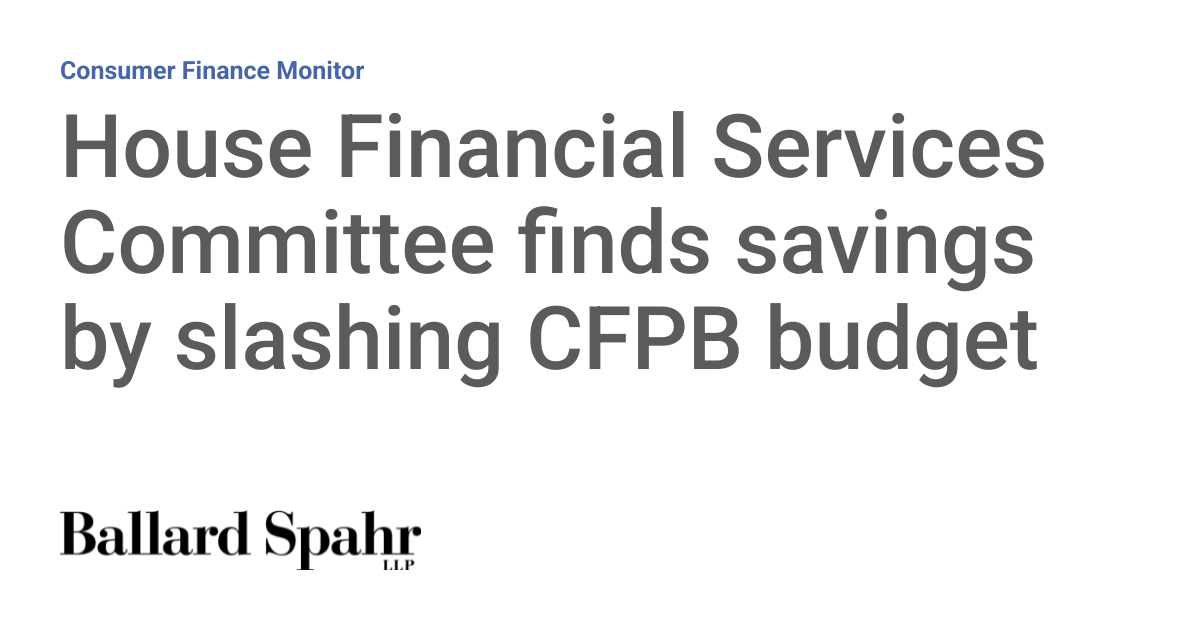Bank Lending Crackdown: Indonesia's Finance Chief Demands Strict Use of Government Funds

In a bold move to revitalize Indonesia's banking sector, Finance Minister Purbaya Yudhi Sadewa delivered a clear directive on Friday, challenging state-controlled banks to breathe new life into the nation's financial landscape. Announcing a substantial injection of 200 trillion rupiah (equivalent to $12.2 billion), Sadewa emphasized that these funds are not meant to sit idle or be invested in bonds, but to actively stimulate lending and economic growth.
The minister's strong stance comes in response to what he candidly described as a "dry" banking system, signaling a urgent need for financial institutions to redirect their strategies. By mandating that banks channel the funds directly into lending, Sadewa aims to unlock economic potential, support businesses, and inject much-needed dynamism into Indonesia's financial ecosystem.
This strategic intervention underscores the government's commitment to transforming the banking sector from a passive reservoir of capital to an active engine of economic development. Banks are now challenged to step up, extend credit, and play a more proactive role in driving Indonesia's economic momentum.








